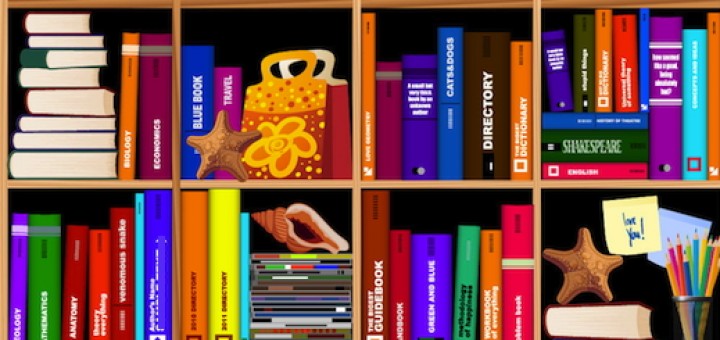How We Can Reimagine Student Reading Projects
Dan Feigelson makes the case for reimagined reading projects and goes on to share conversations, student notes, and teacher conference plans. The result, says reviewer Linda Biondi, is a fresh approach to having students think for themselves and helping teachers take conferring to a new level.



















